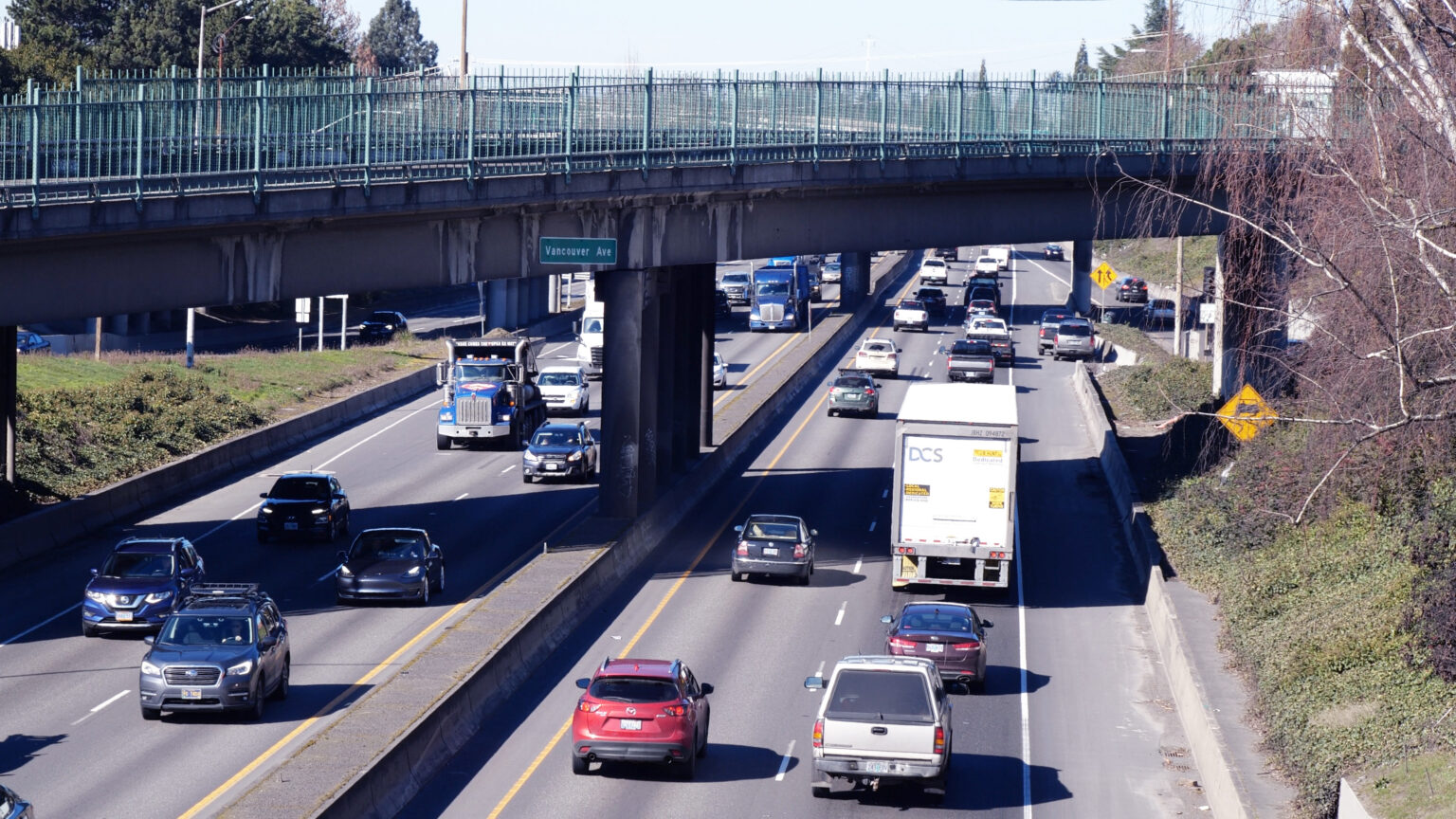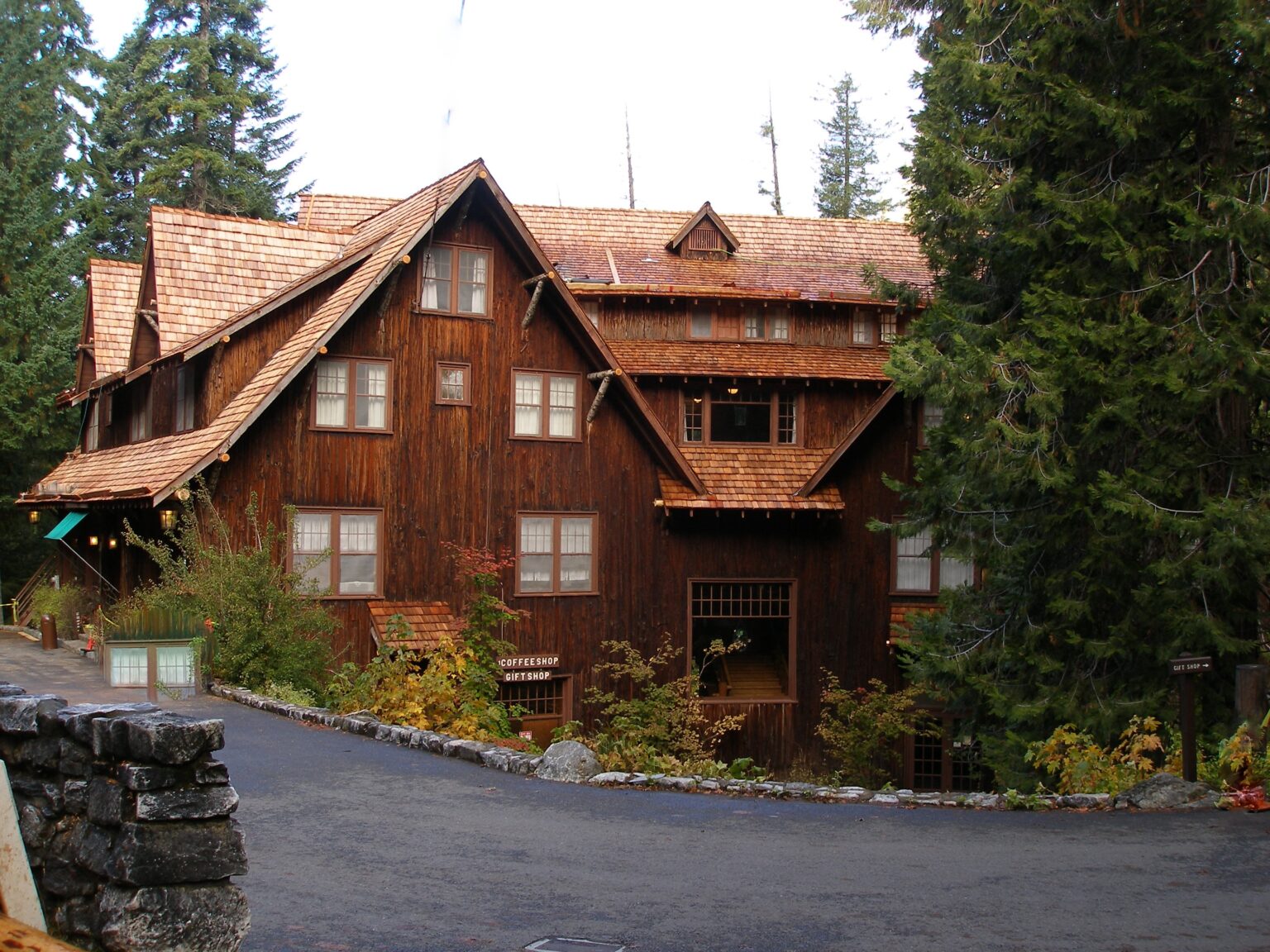Capital Chatter: Kotek starts addressing school funding with summer school bill
Published 4:00 pm Thursday, April 18, 2024

- capital chatter logo
Last December, on Gov. Tina Kotek’s One Oregon Listening Tour in Gladstone, I asked her about funding public education in Oregon: “Is the issue not enough money for schools or how the money is being spent?”
“That’s a very interesting question,” Kotek responded. “I’m not sure we know the answer to that.
“I do believe that because of increases in compensation costs, we do need to modernize our formula of how we project what schools are going to need. And making sure that the money they do have is being spent well.”
As the governor and lawmakers prepare to tackle education finance in the 2025 Legislature, the answer to my question remains unclear.
On Wednesday in Woodburn, Kotek reaffirmed her search for solutions: “Last year, I made a commitment to address the core issues that educators have been raising about the funding necessary and essential to improve outcomes for all of our students. The way we fund K-12 education hasn’t really changed in 30 years, so it’s time to review that. …
“We’re also reviewing how we define education accountability, because I think everyone understands that it’s not just resources.”
Kotek said she and the state Department of Education also are working to make school budgeting more transparent for the public, as well as also exploring long-term funding options for summer learning, afterschool learning and early literacy programs.
“We have a lot of work ahead of us in the 2025 session,” she said, in what probably qualifies as an understatement.
Wednesday’s event was a ceremonial signing of HB 4082, which provides $30 million for K-12 summer programs. Rep. Susan McLain, D-Forest Grove, and others shepherded it through this year’s legislative session with strong bipartisan support. Only eight lawmakers voted against the bill.
Kotek actually signed the measure a month ago. The gathering at Washington Elementary School was a feel-good photo op and a chance for advocates to celebrate, congratulate one another and highlight the importance of summer school.
More than 50 people participated, including legislators, educators, union leaders and representatives of Oregon nonprofits. (First lady Aimee Kotek Wilson, whose potential role in Kotek’s administration has made the headlines lately, did not attend.)
Funded primarily through Oregon’s corporate activity tax, HB 4082 should enable 48,000 students to participate in summer programs, including several hundred in Woodburn.
“Students will apply their learning to real world projects such as exploring robots and delving into digital media production because summer learning isn’t just summer school. In Oregon, it’s a season of creative thinking, problem-solving and engaging, hands-on learning,” said Dr. Charlene Williams, who heads the Department of Education. “Summer is not a break from learning but a unique platform for boosting academic growth.”
Further, summer programs address a problem plaguing schools across America, especially since the pandemic: absenteeism. “Summer learning is a proven strategy to increase attendance during the school year by creating relationships and connections to school,” Williams said.
I first started covering Woodburn schools in 1981 as the Salem Statesman Journal’s beat reporter for North Marion County. Woodburn is a wonderful, fascinating community, comprising families of Anglo, Russian and Latino heritage.
The Woodburn School District, which for a while operated some schools year-round, remains one of the more innovative districts in the Pacific Northwest. Kotek noted that Woodburn has seven dual-language preschools in English, Spanish and Russian.
Parent Juan Vazquez, who spoke at Wednesday’s event, praised the summer programs. They helped his daughters catch up to their grade level after the pandemic, and the girls were excited by lessons that ranged from art to math.
As a working parent, Vazquez also found reassurance that his children were in a safe, nurturing environment during the day instead of being at home on their iPads.
The final endorsement came from Janna Arellano Guzman, a fifth-grader who attended summer school in first, second and fourth grades.
“Summer school helped me be more open and to know kids from other schools,” she told the crowd.
Janna said she learned how to build a robot, prepare a smoothie in cooking class, paint a landscape in art, learn division in math and reach a higher level in reading.
“I would recommend summer school to any student with a low math or reading level,” she said as Kotek high-fived her.





